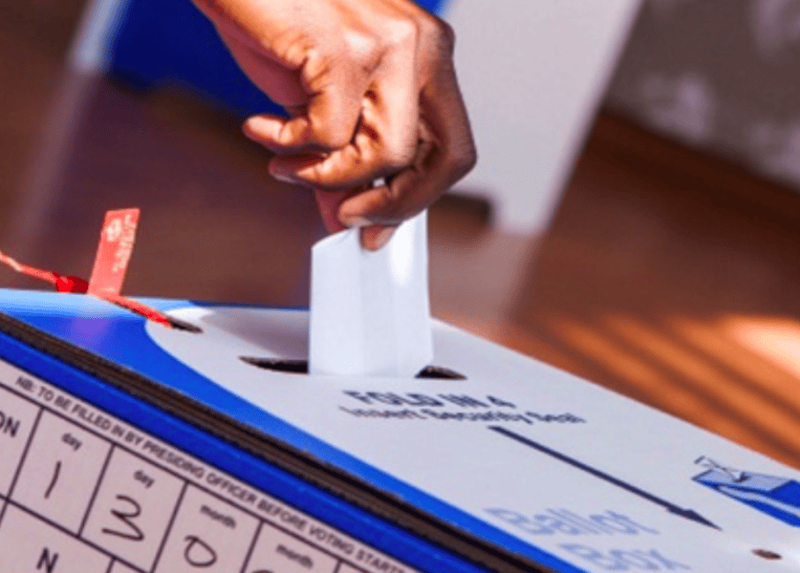HSRC: Public trust key to e-voting success in SA
Updated | By Anastasi Mokgobu
The Human Sciences Research Council has advised the Independent Electoral Commission to conduct pre-tests to assess whether South Africans are ready for electronic voting.

The council's Odilile Ayodele spoke at an electronic voting conference in Cape Town on Monday.
The council has conducted research over the course of two years into the impact of public perceptions and attitudes on the electoral system.
She told the commission that trust and integrity will be key factors in determining the country’s readiness to adopt electronic voting.
"Recent polling shows that while most South Africans have a limited understanding of e-voting, many would support it provided strong security measures are in place.
“Encouragingly, the majority see modernising elections as crucial for democracy.
“In my work with local municipalities, I’ve seen first-hand that digital literacy must go hand-in-hand with civic education.
“Teaching people how to use technology is pointless if they don’t understand the importance of democracy and making their voices heard.
“From a technical standpoint, we need multi-layered security, including end-to-end encryption, intrusion detection protocols, and voter-verified paper audit trails to ensure physical backups. But technology alone isn’t enough.
“Trust must be built through multi-partisan oversight, with representatives from all major political parties involved in testing and certification," said Ayodele.
The IEC will hold nationwide consultations before making any decisions on introducing e-voting.
Ayodele believes thorough e-voting education and the testing of any systems would need to be conducted before any implementation.
"Public testing areas would give citizens the chance to interact with e-voting systems before they are implemented.
“We also need clear contingency plans with established procedures for system failures or security breaches.
“It’s important to note that the most secure system isn’t just the one with the strongest encryption. It's the one that combines robust technology with transparent processes that voters can understand and trust.
“The future of South Africa’s democracy doesn’t depend solely on whether we adopt new voting technology, but on how thoughtfully and inclusively we implement it," added Ayodele.
Ayodele also pointed to the digital divide as a major challenge in implementing e-voting.
"While urban internet penetration stands at 85%, rural access remains significantly lower at just 52%. To bridge this gap, the IEC could consider deploying electronic voting machines (EVMs) at traditional polling stations while gradually introducing internet-based voting.
"This approach would ensure no voter is left behind," says Ayodele.
"The second challenge is infrastructure reliability. Load shedding and connectivity issues pose serious risks to a seamless voting process.
“One possible solution is implementing battery-backed systems with offline functionality and synchronised backup procedures to safeguard the process.
“Both challenges require a combination of technological and social solutions. One cannot succeed without the other.”
ALSO READ

MORE ON JACARANDA FM
Show's Stories
-
SA couple 'charges' guests R65k to attend wedding
Would you pay to attend someone's wedding?
Breakfast with Martin Bester 40 minutes ago -
LISTEN: "My ex-boyfriend chose his dog over me!"
What happens when your partner's dog is 'third-wheeling' you?
The Drive with Rob & Roz 14 hours ago